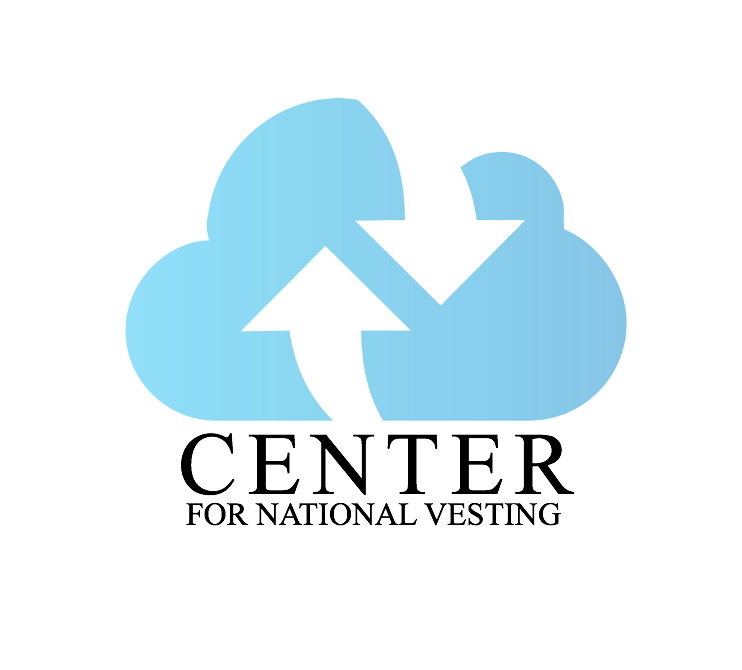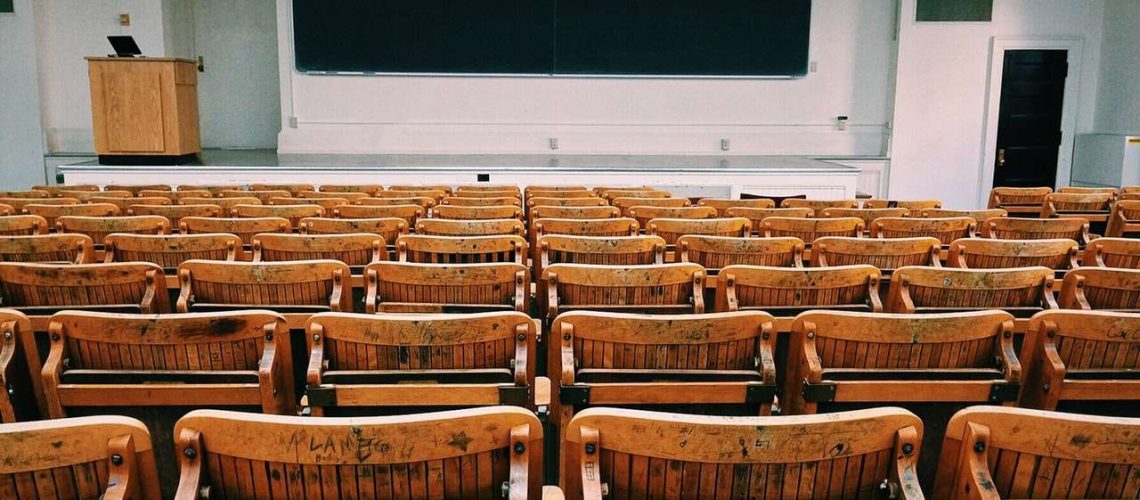While President-Elect Biden’s education plan is unclear, the prospect of free public college should be on the agenda
For the millions of college students saddled with $1.4 trillion in student loan debt, many are wondering what a Biden administration will mean for their economic futures. Specifically, they’re waiting to know if he will either help reduce debt or issue an executive order calling for an outright cancellation of their debt.
The New York Times recently took up the issue, in a story titled “What Biden’s Election Could Mean for Student Loans.” In the Nov. 14 story, the Times reminded readers that candidate Biden back in March posted a tweet that said, in part: “We should forgive a minimum of $10,000/person of federal student loans, as proposed by Senator Warren and colleagues. Young people and other student debt holders bore the brunt of the last crisis. It shouldn’t happen again.”
Now that candidate Biden has become President-Elect Biden, there is a fair amount of uncertainty as to what Biden and his team will do. As the Time story notes, Biden and his transition team are not commenting on its plans.
And while it’s heartening to know that Biden has seemingly been thinking of ways to provide relief for those who are drowning in student loans amid a pandemic, we at the Center for National Vesting know that something very certain can be done.
And that something is free public education. The naysayers and doubters can wring their hands all they want, but the reality is that free public college education is not only possible, but easily affordable thanks to National Vesting (a part of our new economic theory – Newtonian Economics).
National Vesting enables us to equitably distribute a percentage of workforce contributions to Market Surplus (i.e., excess production in our economy) back to the workers that contributed to it. This market surplus is estimated at $15 trillion and it is growing daily.
Universal Education isn’t a fantasy, and we do not have to raise taxes to fund universal education. All we need to do is equitably apply the market surplus every American produces and distribute it back to them. We call that National Vesting and it is the future of our country.
Using this market surplus to pay for public college education is a winning proposition for the government and its citizens. Distributing Market Surplus to Americans will not cause inflation, nor will it add to the deficit.
To be sure, student debt is a serious issue and one that is crushing the dreams of so many young people. But the specter of free public education – and the reality that it can happen through some creative economic thinking – means that there is hope for generations to come.

